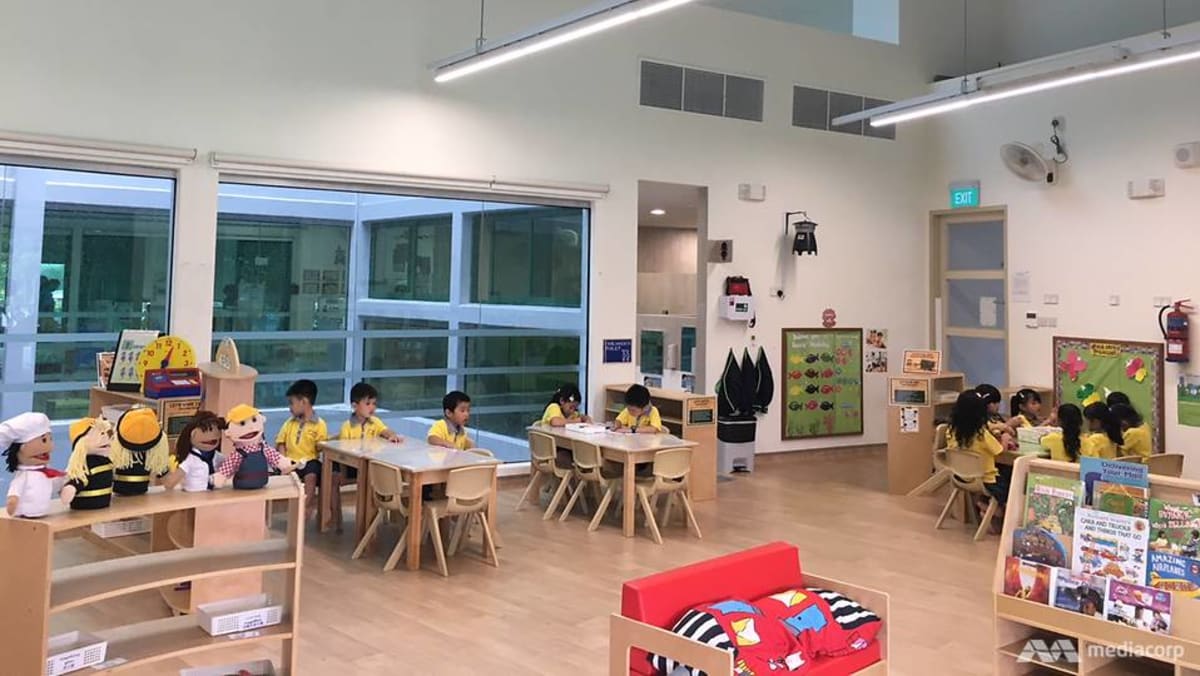TRAINING AND MONITORING
Experts emphasised that maintaining food safety requires more than just basic hygiene, but also continuous training and monitoring.
“It is important to reinforce staff training to raise awareness of the importance of maintaining food safety and hygiene standards, developing good safe and hygienic practices of food handling and proper storage,” said Professor William Chen, director of the Future Ready Food Safety Hub at Nanyang Technological University.
According to ECDA, all individuals who handle or assist in food preparation must hold a valid Basic Food Hygiene Course or Food Safety Course Level 1 certificate before starting work. They must also undergo refresher training in the fifth year following initial certification, and subsequently every 10 years.
“Food handlers must ensure good personal hygiene, including regular and thorough hand-washing with soap and water, before preparing food or touching ready-to-eat food, and after handling raw food, visiting the toilet or handling waste or soiled diapers,” ECDA said.
While these requirements are adequate as a baseline, Mr Ravel suggested preschools could go further by appointing a trained food hygiene officer or offering additional training via internal or external programmes.
“Alternatively, or even better additionally, I would recommend to train all staff via internal capabilities, or external providers,” he said.
As part of its licensing regime, ECDA also conducts unannounced checks on preschools.
“During these visits, our licensing officers will, among others, check preschools’ facilities and equipment to ensure compliance with standards for food hygiene, storage and preparation,” said a spokesperson.
“ECDA also issues advisories on food hygiene practices and infection control measures to preschools regularly to reinforce the importance of food safety.”
Given the multiple points of vulnerability, experts said food safety must be embraced by the entire preschool community.
“Food safety isn’t limited to the kitchen. It should be a whole-school culture,” said Dr Tan.
“Senior management must make it part of their vision and mission. Teachers can reinforce daily habits like handwashing and remind children to avoid unsafe food. Food handlers need continuous training and clear hygiene resources, such as manuals and checklists.”
Even students, Dr Tan said, should be taught simple food safety principles as part of the syllabus.
PARENTS NOT TOO WORRIED
CNA spoke to parents outside E-Bridge Pre-School at Circuit Road on Sep 15, after it emerged that 17 students and two staff members had come down with gastroenteritis symptoms.
A parent who wanted to be known only as Ms Lim said her two-year-old son was among those who fell ill.
“He was vomiting and had a fever. The doctor diagnosed him with stomach flu, but we later learnt from the news that it was gastroenteritis and other children were also falling ill,” she said.
“I wasn’t too worried because kids do fall sick quite often, and certain things are beyond the school’s control,” she said, adding that she was more concerned that parents may still send their unwell children to school.
“That’s always our fear. Children are constantly playing together and sitting in close proximity. If your child is sick, don’t send them in.”
Another parent who wanted to be known as Mr Heng said the school maintains good hygiene and has “done what it could”.
On some days, his two children eat so well in school that they have little appetite for dinner at home, he quipped.
